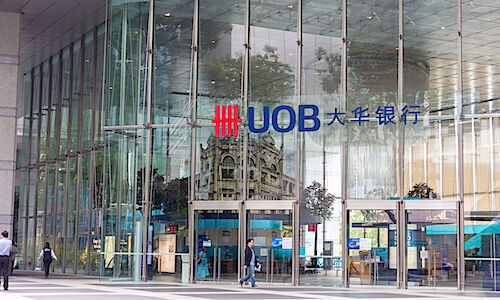UOB to Allow Partial Remote Work Post-Covid
The bank plans to give the majority of its 26,000-strong workforce the choice to work remotely two days a week once COVID-19 restrictions are lifted.
UOB made the announcement on Friday, following a six-month review of work patterns, workspaces and workforce technology tools, which revealed that 65 percent of the bank's roles, all of which are non-customer facing, were suited to remote work.
The bank also cited broader community sentiment where 80 percent of people across ASEAN said they wanted some form of flexible work arrangement from their employer.
At the same time, UOB will accelerate its infrastructure improvement plan across the region, which enables more agile team-based work and deeper collaboration across different functions.
Shifting Work Arrangements
Two days of remote working per week ensures «the right balance between professional fulfillment of the individual and their mental well-being,» as employees need to maintain a sense of connection with colleagues and the company, UOB said in the announcement.
«We believe that the future of the workplace is a hybrid one where employees choose how to manage their work commitments based on the space and place they can be most effective. Working from home during COVID-19 has been instructive due to the speed and intensity of the change but we must look beyond the present and define a future of work that is more sustainable,» Dean Tong, UOB’s head of group human resources, said.
Last week, finews.asia reported that Standard Chartered is planning to permanently offer flexible work options to around 90 percent of its 85,000-strong staff by 2023, as well as «near-home» workspaces for staff – in addition to offices, and work-from-home arrangements



























